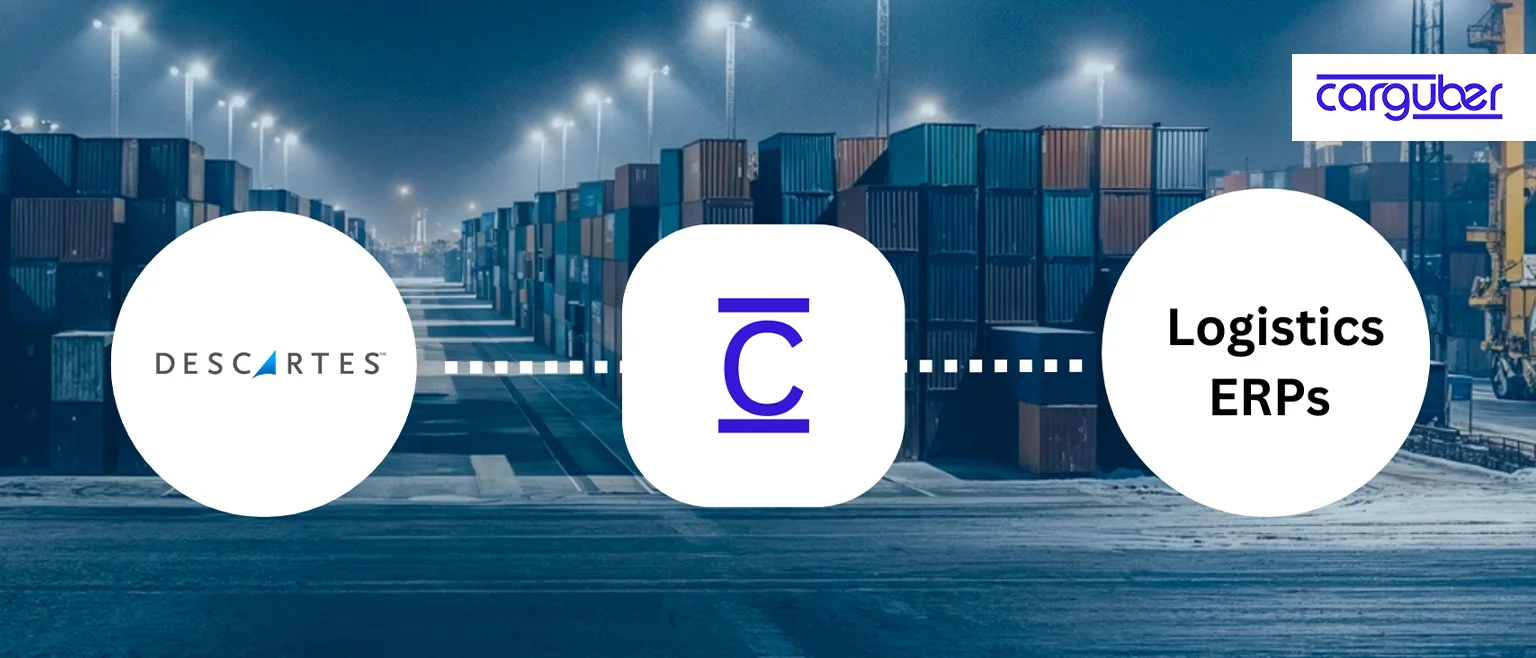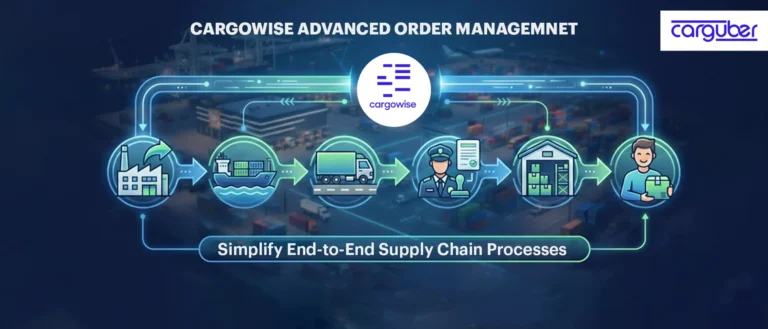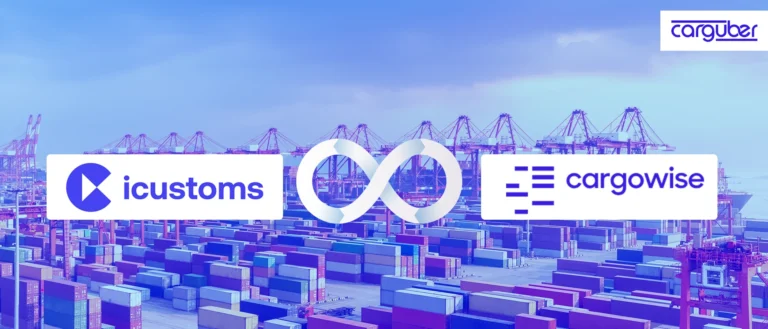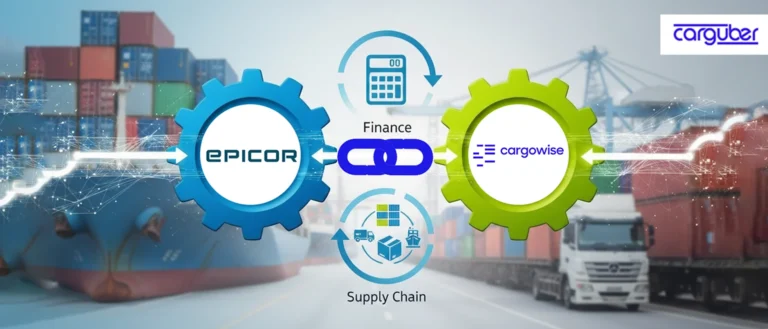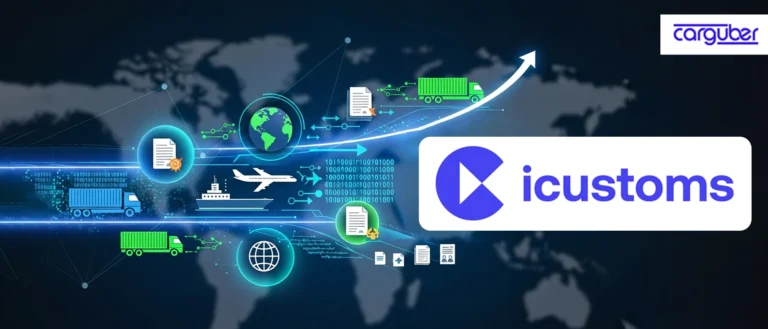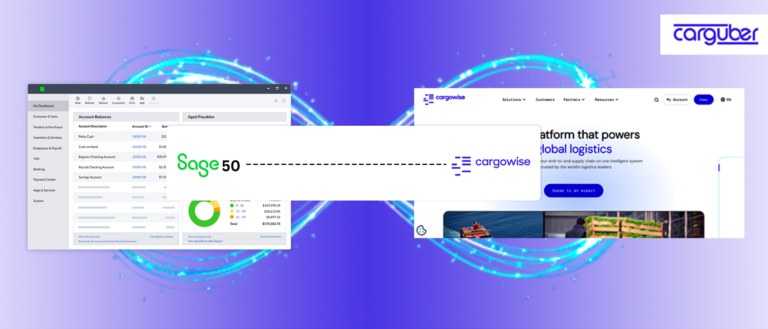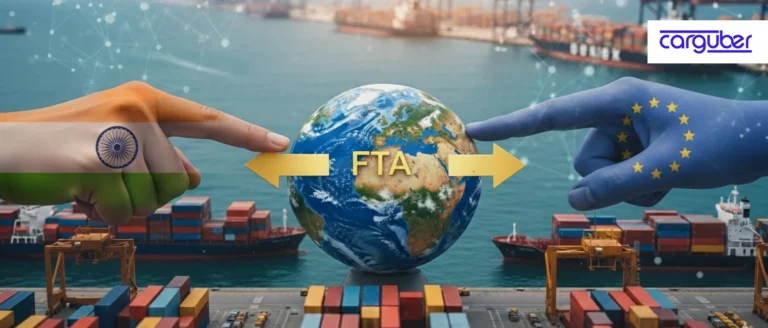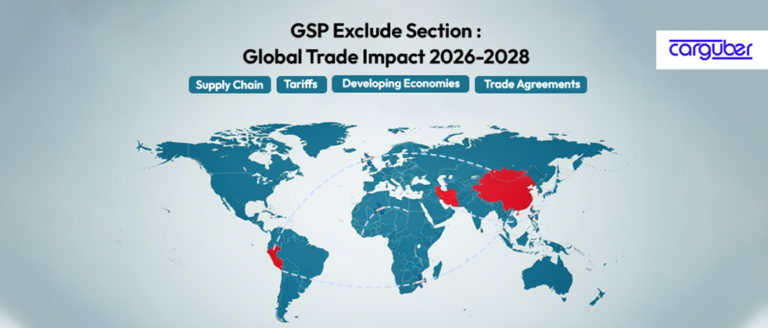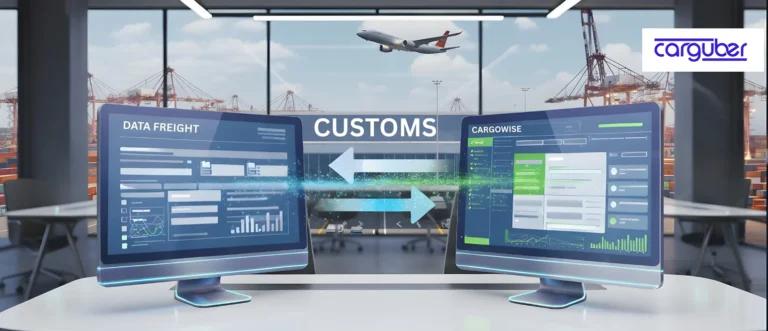What is the Descartes Customs System and How does it Simplify Customs and Logistics Operations?
Global supply chains have entered a new era in which agility, compliance, and digital correctness define their competitiveness. Customs clearance, on the other hand, continues to be a major component of logistics, slowing down many firms. As international trade standards become more complicated and data volumes grow, forwarders and brokers want systems capable of managing compliance, automation, and real-time visibility without relying on manual data entry or isolated platforms.
This is where the Descartes customs ecosystem really stands out. With a global compliance network and extensive customs connectivity, it provides a solid digital foundation for declarations, bonded warehousing, transit, and regulatory filings. But its true power lies in how it integrates across the logistics technology stack, not just what it does on its own.
Descartes Customs System
The Descartes customs system is a global customs management platform that enables logistics providers, brokers, importers, and exporters to automate and comply with international trade regulations. It enables businesses to prepare, submit, track, and manage customs declarations for multiple countries using a single unified system.
The Descartes customs system is designed for large-scale, multinational operations. It connects directly to global customs authorities and supports automated validation, regulatory checks, and real-time status tracking. By digitizing and centralizing customs workflows, errors are reduced, clearances are expedited, and compliance is consistent across international operations.
Key features of the Descartes Customs System include:
Multi-country Customs Connectivity: Supports import, export, and transit filings across the UK, EU, US, Canada, the Middle East, and APAC.
Automated Data Validation: Identifies missing fields, incorrect tariff codes, and compliance risks before submission.
Real-time Customs Status Updates: The system monitors clearance responses, queries, rejections, and duty calculations in real time.
Advanced Compliance Management: Ensures that documentation and declarations meet country-specific regulatory standards.
Bonded Warehouse and Inventory Control: Supports customs warehousing, excise management, and stock reconciliation.
Security and Transit Filings: Includes ENS (Entry Summary Declaration), ICS2 (Import Control System 2), EU’s advanced cargo security program, AMS (Automated Manifest System) (U.S. Customs), ACI (Advance Commercial Information), CBSA (Canada Border Services Agency), and other pre-arrival security filings.
Paperless Digital Recordkeeping: Keeps an auditable record of declarations, documents, and customs transactions.
Why do Customs Operations Require More than a Standalone Descartes Customs System?
Customs operations are now complex and interconnected, with real-time data, strict regulations, and time-sensitive decisions. A stand-alone Descartes customs system can generate declarations, but it cannot provide the visibility, accuracy, or automation that modern supply chains require. Businesses face delays, errors, and critical information gaps if their transport, warehousing, finance, and customer systems are not fully integrated.
Here are the main reasons why customs operations require more than a standalone system.
- Customs Relies on Data From Many Systems
Shipment details, invoices, HS codes, product information, routing, and carrier data must come from multiple sources; standalone systems can’t collect or synchronize this efficiently. - Global Trade Regulations Change Constantly
Companies need automated updates, compliance checks, denied-party screening, and tariff updates that require connected systems, not isolated software. - End-To-End Visibility is Essential
Customs status affects delivery timelines, customer commitments, warehouse operations, and transportation planning; visibility breaks without integration. - High-Volume Logistics Requires Automation
Large importers, freight forwarders, and 3PLs need automated declaration creation, validation, and submission that depend on integrated upstream and downstream workflows. - Error Prevention Requires Unified Data
Manual re-entry across separate systems increases the risk of incorrect values, missing documents, and non-compliance penalties. - Cross-Border Operations Demand Coordination
Customs clearance timelines must sync with trucking schedules, port activities, container release, carrier updates, and warehouse receiving. - Audit and Compliance Workflows Need Centralization
A standalone system lacks full recordkeeping, duty calculations, and traceability across the entire logistics chain. - Customer Expectations Require Faster Clearance
Delays in sharing data between systems slow down customs filing, causing missed deadlines and increased storage or demurrage costs. - Risk Management Depends on Connected Intelligence
Compliance risks, shipment anomalies, and duty optimization opportunities can only be detected with integrated systems that analyze data from multiple touchpoints.
Customs operations are connected to the entire supply chain, and a standalone system cannot meet today’s speed, accuracy, or compliance requirements. Only integrated systems, in which customs integrate seamlessly with transportation, warehousing, carrier networks, and compliance platforms, can provide the visibility and efficiency required for smooth global operations.
How does Carguber Help Organizations Create a Fully Integrated Descartes Environment?
Creating a unified environment takes more than installation; it requires integration, data alignment, and optimized workflows. Carguber makes this possible by connecting Descartes with transportation, warehouse, logistics ERP, finance, carrier, and customer systems. Instead of functioning as a standalone customs tool, Descartes becomes a fully synchronized ecosystem that enables real-time decisions and frictionless customs operations.
Carguber connects every part of the logistics chain with Descartes, ensuring accurate data, compliant filings, and instant customs updates across all systems. This removes manual work, reduces compliance risks, and speeds up cross-border operations to keep supply chains competitive.
Here’s how Carguber helps organizations build a fully integrated Descartes environment:
- Connects Descartes With All Key Business Systems
We integrate Descartes with any major ERP like CargoWise, Project 44, TMS, WMS, finance systems, carrier APIs, and custom tools, creating a single flow of customs data. - Automates Data Synchronization
We ensure shipment information, product data, HS codes, invoices, routing details, and customer profiles are always aligned across systems. - Eliminates Manual Re-Entry and Duplication
We remove repetitive data entry by enabling automatic transfer of order, shipment, and declaration data into Descartes. - Enforces Compliance Consistency
We ensure that the same classification, documentation, regulatory data, and screening rules are applied across systems, reducing the risk of customs errors. - Improves Visibility Across the Logistics Chain
We return real-time customs statuses to transportation, warehouse, and customer-facing platforms so teams can make timely decisions. - Supports Multi-Country Customs Workflows
We help manage multiple jurisdictions, the EU, the UK, the US, Canada, the Middle East, and APAC, through a unified Descartes setup customized to business requirements. - Enhances Carrier and Port Coordination
We sync Descartes’ filings with airline, shipping line, port, and trucking schedules to reduce challenges and avoid demurrage or storage costs. - Improves Cross-team Collaboration
We create a unified environment where customs, logistics, finance, and customer service teams access the same accurate data. - Enables Scalable Customs Automation
As customs volume grows, Carguber ensures the Descartes environment scales smoothly without additional manual work or workflow breakdowns. - Provides Expertise to Optimize the Descartes Ecosystem
We offer implementation, configuration, mapping, workflow design, integration strategy, and ongoing support to maximize ROI.
The Result?
An organization that uses Descartes not as a single tool but as a fully integrated, high-speed, compliant customs engine embedded into every part of the logistics lifecycle. Carguber turns Descartes into a strategic advantage, not just an operational requirement.
Conclusion
Descartes delivers powerful customs automation, but its real impact is unlocked only when it becomes part of a connected logistics ecosystem. Carguber makes this possible by integrating Descartes with operational, financial, and customer-facing systems, ensuring data flows smoothly and processes run without friction. The result is faster clearances, fewer errors, and a smarter, more efficient supply chain. Contact us today to transform your customs operations from a hurdle to a competitive advantage.
